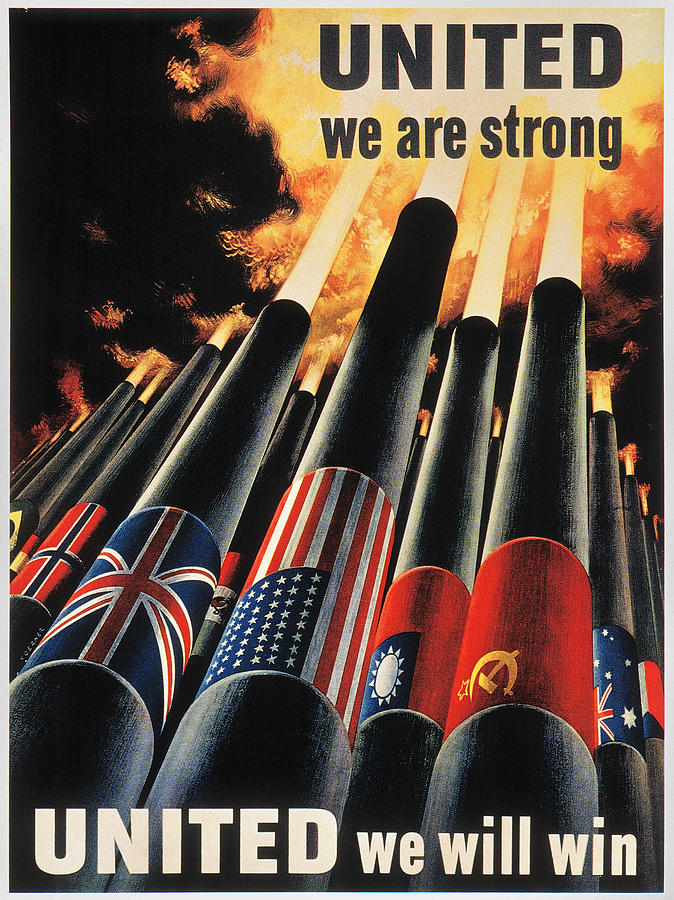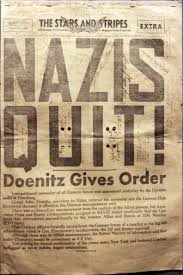My Top 5 WWII Nonfiction Books: Book Research
Nonfiction Books Helping Me On My WWII Research Quest

The Truth of the Matter:
Research is exhilarating and exciting. It can also be difficult, time-consuming, and annoying. There are times of mass chaos, and those moments of sheer sorrow.
Research is not for the faint of heart.

My Findings:
I have come across numerous sources: books, articles, documentaries, memoirs, movies, and more of one of the most tragic times in history: World War II. I have become acquainted with names and locations and too many visuals to keep track of them all. The information is at times overwhelming, all the time heart-breaking, and often varied. Finding exactly what you need is a literal needle in a haystack, or in this case, a paragraph or page in a paper factory.
You can see my dilemma, right?
Looking closer, researching further, and trying to find the right sources led me to my Top Five Nonfiction Books. These are resources I came back to time and again, checked, rechecked, reread, and attempted not to confuse the plethora of information and facts at my disposal.
(Just for fun, everyone say "plethora" again. Isn't it the greatest word ever?)
.jpg)
Results:
I now have in hand the best resources yet. I'm reading, rereading, and underlining every part which is going to help me understand my character's part even better. Even with all of this tucked away knowledge, I feel I have to remind you: my books will be fiction.
It is fiction. It takes fictional liberties. It is not a true story. It in no way was created to dismiss or diminish the actual contributions of men and women during WWII, and the sacrifices, hardships, and hard work they sustained as part of the war effort.

The Top Five:
These are the books which are my guide to the land of informational overload. They are my best friends. They are the books I will cling to for all of eternity. Although there are more books to read, I have found these the most helpful. For those of you who are research fanatics or history buffs, you're welcome. For those of you who don't care, forward it to someone who does. For those of you that have served and shared your stories, Thank You. You will never be forgotten.

From my #5 spot all the way to my #1 favorite, here we go:
![FUBAR F***ed Up Beyond All Recognition: Soldier Slang of World War II (General Military) by [Rottman, Gordon L.]](https://images-na.ssl-images-amazon.com/images/I/41xU2cpPfjL.jpg)
#5: Fubar: Soldier Slang of World War II by Gordon L. Rottman
All the slang words you never wanted to understand. This book gives you the American, German, and the British commonwealth language during WWII.

#4: The GI's War: American Soldiers in Europe During World War II by Edwin P. Hoyt
This was the best resource to give the reader a look at the life of soldiers in war.

#3: Hitler's Last Gamble by Trevor N. Dupuy
I found the breakdown of this resource one of the best that goes over the whole time period of Battle of the Bulge. It gives information over several of the divisions and infantries which some of the other resources did not provide.
#2: Presenting the 35th Infantry Division in World War II, 1941-1945 (articles):
Yes! I know it's not technically a book, but it's a nonfiction source I couldn't have lived without!
http://www.coulthart.com/134/35contents.htm
I read several of these articles over more than once. These were helpful breaking down the 35th Infantry Division's time in WWII the best.

#1: Biography of a Battalion by James A. Huston
A personal memoir with a clinical point of view, this resource was amazing in sharing the real-life depiction of how an infantry division was run on a day to day basis, background information on how they prepared and went from battle to battle, as well as an in-depth look at the 35th Infantry Division's Third Battalion.
All of these resources were invaluable to me in my research. There were several others which were helpful as well, but these are my Top Five. I gained the most insight into war and how a division is run through these books and articles.
Please feel free to check out last month's Favorite WWII Movies which has also helped in my research. As always, feel free to comment and let me know other resources that might be helpful to me in my researching. Thanks!

The Truth of the Matter:
Research is exhilarating and exciting. It can also be difficult, time-consuming, and annoying. There are times of mass chaos, and those moments of sheer sorrow.
Research is not for the faint of heart.

My Findings:
I have come across numerous sources: books, articles, documentaries, memoirs, movies, and more of one of the most tragic times in history: World War II. I have become acquainted with names and locations and too many visuals to keep track of them all. The information is at times overwhelming, all the time heart-breaking, and often varied. Finding exactly what you need is a literal needle in a haystack, or in this case, a paragraph or page in a paper factory.
You can see my dilemma, right?
Looking closer, researching further, and trying to find the right sources led me to my Top Five Nonfiction Books. These are resources I came back to time and again, checked, rechecked, reread, and attempted not to confuse the plethora of information and facts at my disposal.
(Just for fun, everyone say "plethora" again. Isn't it the greatest word ever?)
.jpg)
Results:
I now have in hand the best resources yet. I'm reading, rereading, and underlining every part which is going to help me understand my character's part even better. Even with all of this tucked away knowledge, I feel I have to remind you: my books will be fiction.
It is fiction. It takes fictional liberties. It is not a true story. It in no way was created to dismiss or diminish the actual contributions of men and women during WWII, and the sacrifices, hardships, and hard work they sustained as part of the war effort.

The Top Five:
These are the books which are my guide to the land of informational overload. They are my best friends. They are the books I will cling to for all of eternity. Although there are more books to read, I have found these the most helpful. For those of you who are research fanatics or history buffs, you're welcome. For those of you who don't care, forward it to someone who does. For those of you that have served and shared your stories, Thank You. You will never be forgotten.
From my #5 spot all the way to my #1 favorite, here we go:
![FUBAR F***ed Up Beyond All Recognition: Soldier Slang of World War II (General Military) by [Rottman, Gordon L.]](https://images-na.ssl-images-amazon.com/images/I/41xU2cpPfjL.jpg)
#5: Fubar: Soldier Slang of World War II by Gordon L. Rottman
All the slang words you never wanted to understand. This book gives you the American, German, and the British commonwealth language during WWII.

#4: The GI's War: American Soldiers in Europe During World War II by Edwin P. Hoyt
This was the best resource to give the reader a look at the life of soldiers in war.

#3: Hitler's Last Gamble by Trevor N. Dupuy
I found the breakdown of this resource one of the best that goes over the whole time period of Battle of the Bulge. It gives information over several of the divisions and infantries which some of the other resources did not provide.
#2: Presenting the 35th Infantry Division in World War II, 1941-1945 (articles):
Yes! I know it's not technically a book, but it's a nonfiction source I couldn't have lived without!
http://www.coulthart.com/134/35contents.htm
I read several of these articles over more than once. These were helpful breaking down the 35th Infantry Division's time in WWII the best.

#1: Biography of a Battalion by James A. Huston
A personal memoir with a clinical point of view, this resource was amazing in sharing the real-life depiction of how an infantry division was run on a day to day basis, background information on how they prepared and went from battle to battle, as well as an in-depth look at the 35th Infantry Division's Third Battalion.
All of these resources were invaluable to me in my research. There were several others which were helpful as well, but these are my Top Five. I gained the most insight into war and how a division is run through these books and articles.
Please feel free to check out last month's Favorite WWII Movies which has also helped in my research. As always, feel free to comment and let me know other resources that might be helpful to me in my researching. Thanks!
As Always, Happy Reading!!
Picture found online @ DaisiesHeartBook




Comments
Post a Comment